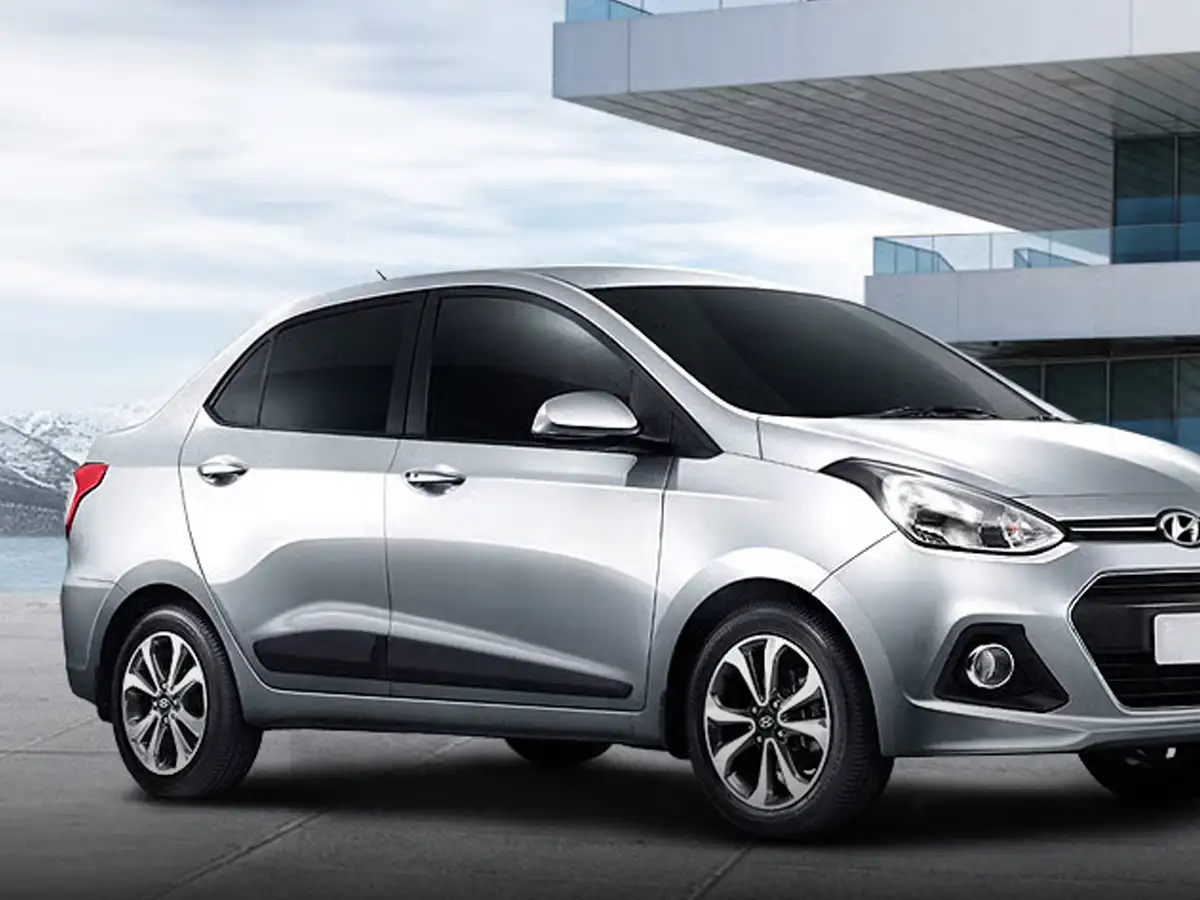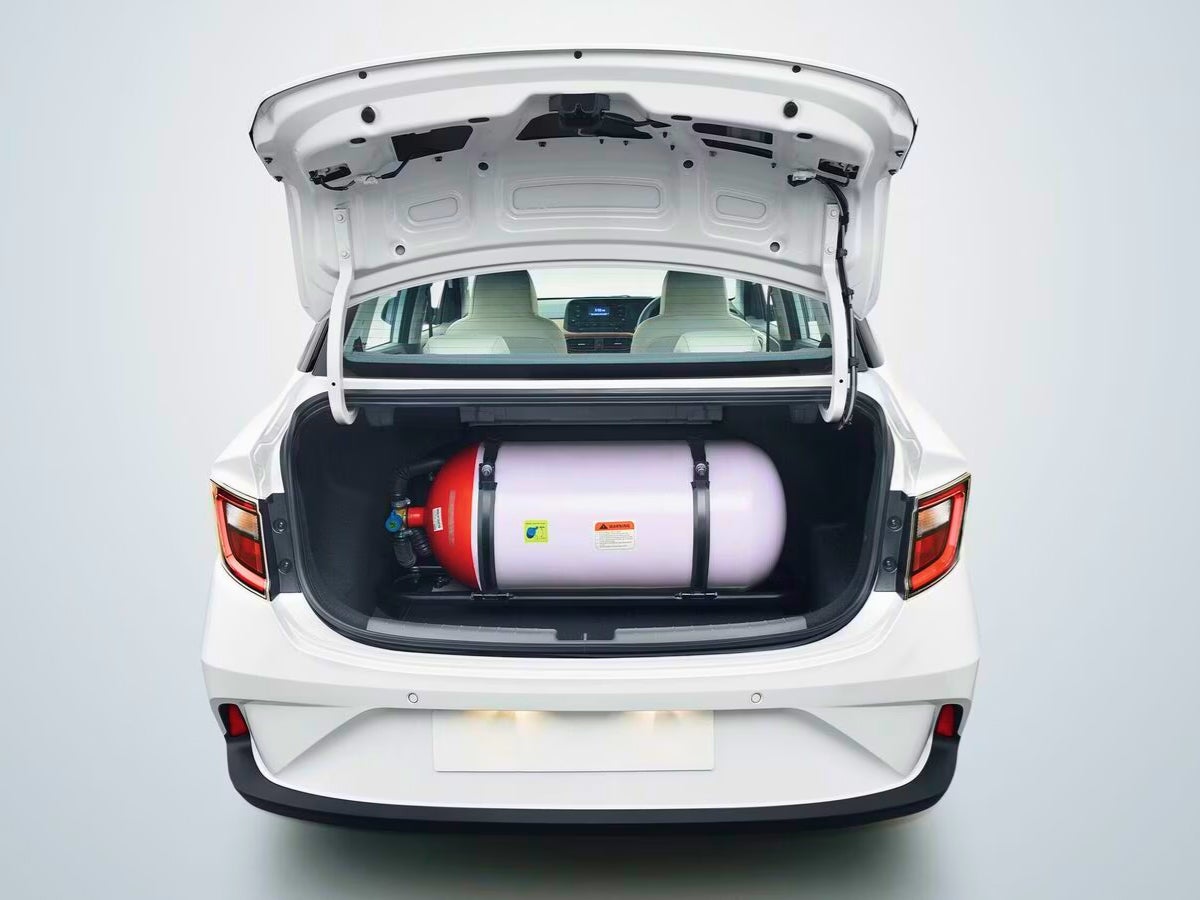

Types of Spark Plugs: How Different Plugs Affect Your Vehicle
- 1Spark plugs vary in size and material depending on your engine type
- 2Copper plugs are affordable and powerful but wear out more quickly
- 3Iridium plugs last longest and boost efficiency, but they cost more
Spark plugs, one of the most crucial components of an internal combustion engine, are responsible for providing the spark that ignites the air fuel mixture during the combustion cycle. An engine essentially has four stages through which it generates power, namely intake, compression, combustion, and exhaust. There are several components in an engine that work in tandem and perfect timing in order to generate power.
However, without a spark to create the bang, the engine cannot function. Even a bad or faulty spark plug can completely alter the dynamics of the running of the vehicle, and can affect things like acceleration, throttle response, fuel efficiency, and more. Bad plugs can cause your car, motorbike, or scooter to misfire, and in some cases, completely stall. However, not every vehicle utilises the same kind of plugs, and there are a few different types of plugs available for various vehicles.
Different Types of Spark Plugs
Spark plugs come in various shapes and sizes, and although their construction remains the same, a few come with varying materials that alter the dynamics of how the engine functions. For example, a spark plug for a bike or scooter may be smaller in size when compared to a car’s plugs.
However, within the same segment, i.e. 2 wheeler or 4 wheeler plugs, the shape and size varies. For e.g., the size of the spark plugs for a Maruti Suzuki Swift may not be the same size as that of a Honda city. This is essentially because the size of both cars’ engines vary, and the width of the spark plug tunnels requires plugs with specific sizing.
While the basic structure of a spark plug doesn’t change much, they all have a central electrode, an insulator, and a ground electrode — the material used in the core and the tip plays a big role in how it functions. These materials can range from copper to platinum and iridium, and each comes with its own advantages and drawbacks.
Types of Spark Plugs: Copper Plugs

Copper spark plugs are the most traditional type, and they’re known for their excellent conductivity. A copper core allows electricity to travel quickly and efficiently, which helps deliver a strong spark.
Benefits of Copper Spark Plugs
Copper plugs typically have a nickel alloy coating on the outside, which protects the soft copper inside. While copper plugs are great for high-performance and older vehicles, their major downside is that they tend to wear out faster than other types. However, they're generally less expensive, which is a plus.
Downsides of Copper Spark Plugs
The nickel coating in copper spark plugs isn't as durable, and because the electrode wears down more quickly, copper plugs need to be replaced more often — usually every 20,000 to 30,000 kilometers. If you're looking for something that lasts longer, there are better options.
Types of Spark Plugs: Platinum Plugs

Platinum spark plugs were introduced as a longer-lasting alternative. Instead of using nickel for the electrode tip, these plugs use a small disc of platinum.
Benefits of Platinum Spark Plugs
Platinum is much harder than nickel and can withstand higher temperatures without degrading. As a result, platinum plugs last longer — often twice as long as copper ones. They're also more stable in performance over time, which means your engine is less likely to suffer from misfires or weak sparks as the plug ages.
Downsides of Platinum Spark Plugs
On the downside, platinum isn’t as conductive as copper, so while you get longevity, you may not get quite the same punch of spark if your engine demands high performance. That said, for daily drivers and modern fuel-injected engines, platinum plugs are often a good balance between durability and performance.
Types of Spark Plugs: Iridium Plugs

Iridium spark plugs are considered the top-tier option in most cases. Iridium is an even harder and more durable metal than platinum, and it can handle the extreme conditions inside the combustion chamber without wearing down.
Benefits of Iridium Spark Plugs
Iridium plugs usually feature a very fine electrode tip, which helps create a more precise and efficient spark. Because of this, they can improve fuel efficiency, help with smoother acceleration, and often last up to 100,000 kilometers or more, depending on driving conditions.
Downsides of Iridium Spark Plugs
The catch, of course, is the cost. Iridium is a rare metal, and plugs made from it are more expensive than both copper and platinum. But for modern engines that rely on precise timing and clean combustion, the benefits of iridium often outweigh the price tag.
Additional Types of Spark Plugs
There are also double platinum and iridium-enhanced options. Double platinum plugs have platinum on both the center and ground electrodes, which can be helpful in waste spark ignition systems where the plug fires twice as often. These types can offer added longevity in engines that put more strain on the ignition system.
Iridium-enhanced plugs, on the other hand, may only have a small iridium tip while the rest of the plug is made from other metals. These can be a middle ground for those seeking some of the benefits of iridium without the full cost.
Each type of spark plug is designed with a specific purpose and type of engine in mind. While you might be tempted to just go for the most expensive plug thinking it’s the best, it’s important to remember that spark plugs are most effective when they match the engine’s design and requirements.
A high-performance engine might benefit from iridium plugs, but for a simpler commuter car, copper or platinum may be more than sufficient.
Types of Spark Plugs: Which one Should You Choose?
In the end, your choice of spark plug can affect everything from how smoothly your car starts on a cold morning, to how much fuel it consumes on your daily drive. Choosing the right material is about finding the right balance between performance, durability, and cost, depending on your specific vehicle and how you use it.
































